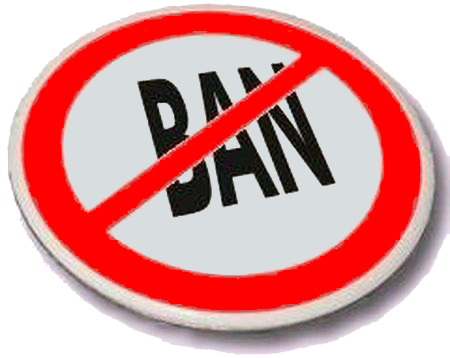
EU Tries Again
For those of you most familiar with the modus operandi of the EU institutions, this won’t come as much of a surprise. Back in March 2017, the Commission published the results of a public consultation on whether or not e-cigs should be subject to a tobacco-style excise.
Naturally, the overwhelming answer was no. With the largest group of respondents being individuals. Naturally, being the EU, they weren’t particularly satisfied with such a response and all went quiet. Only for them to produce yet another consultation asking the same questions.






